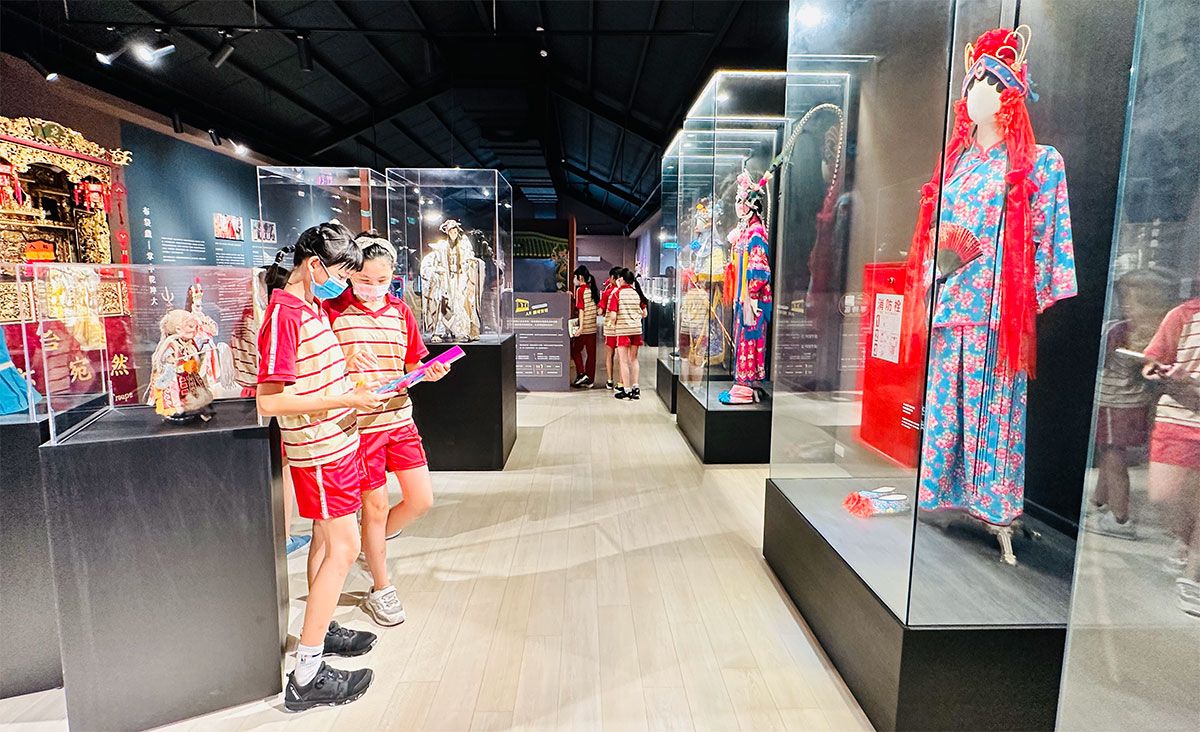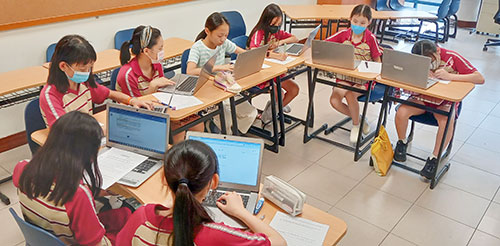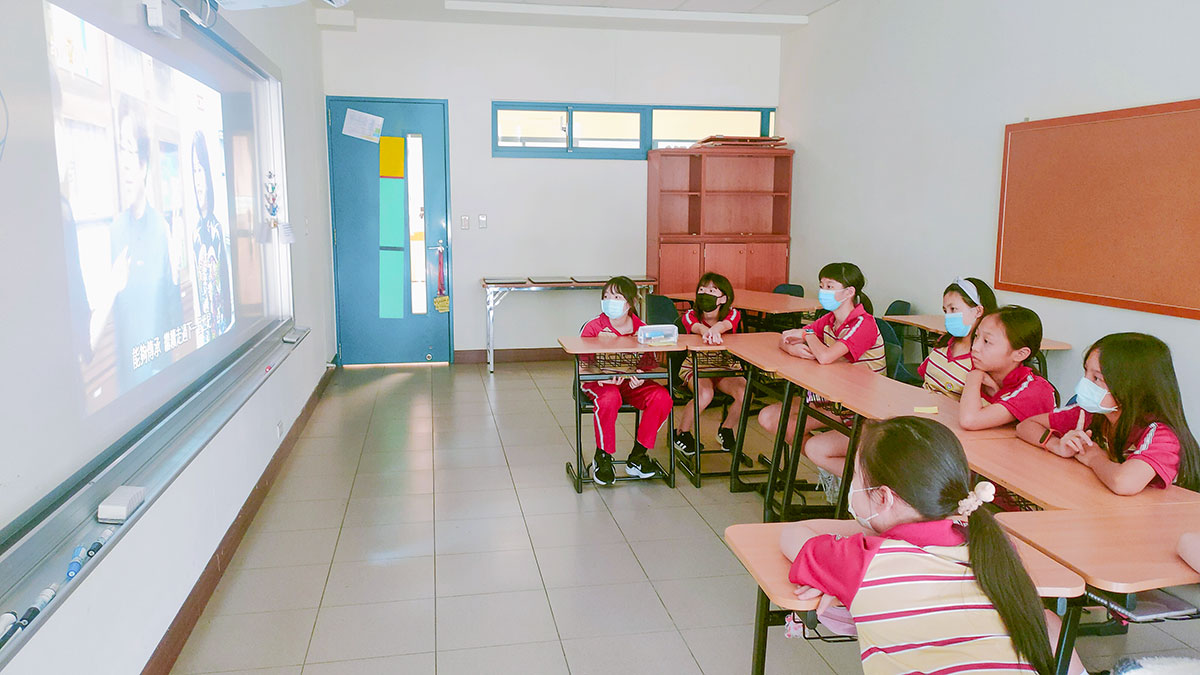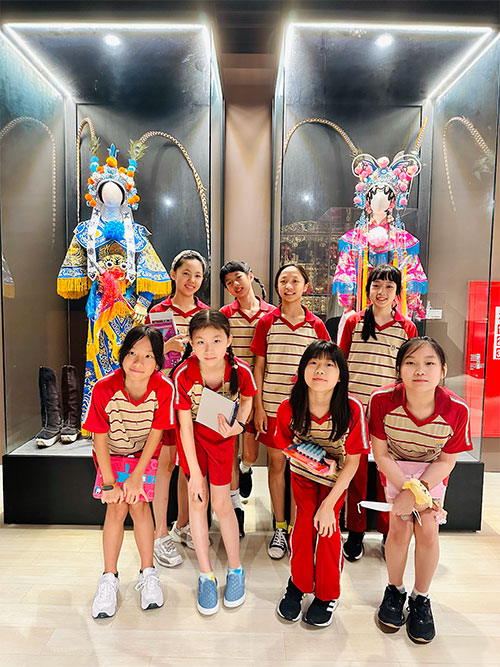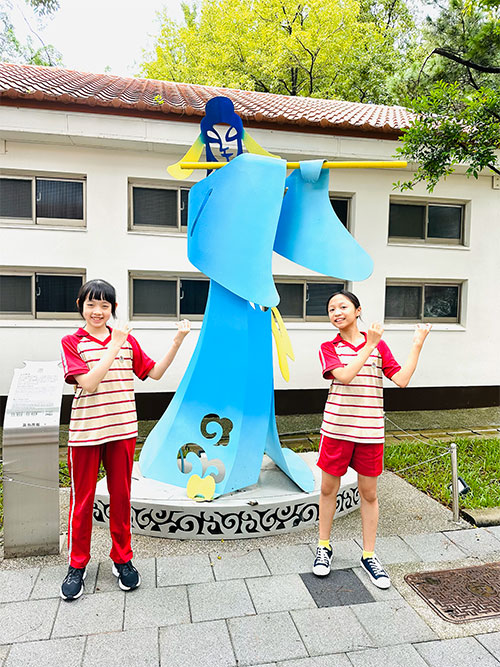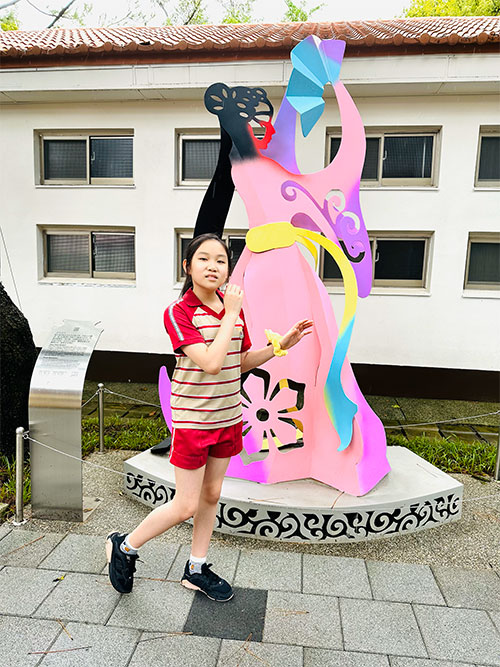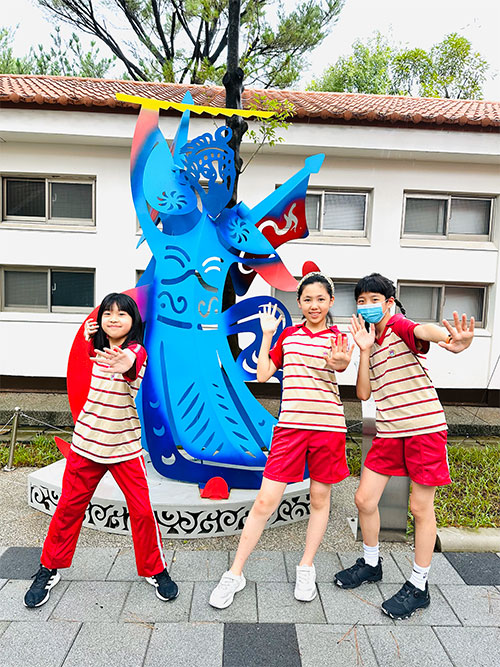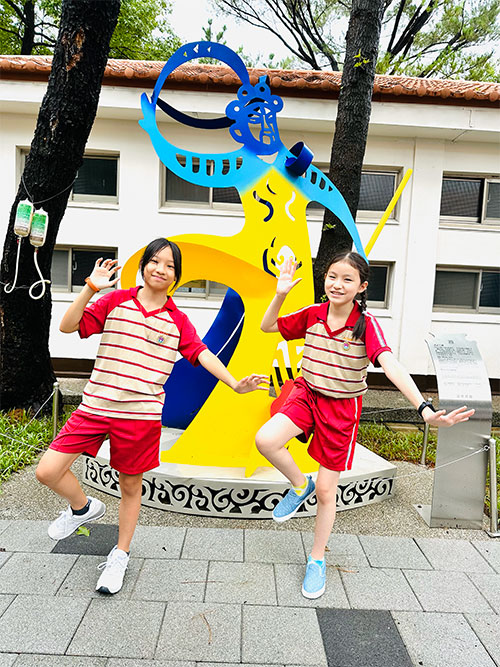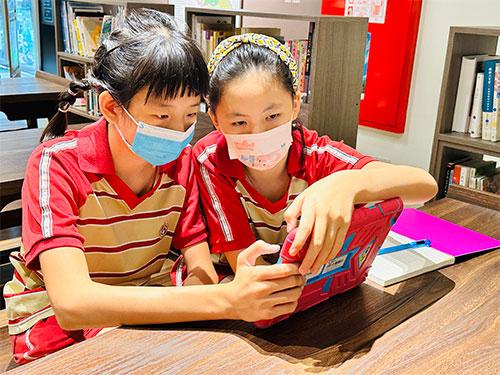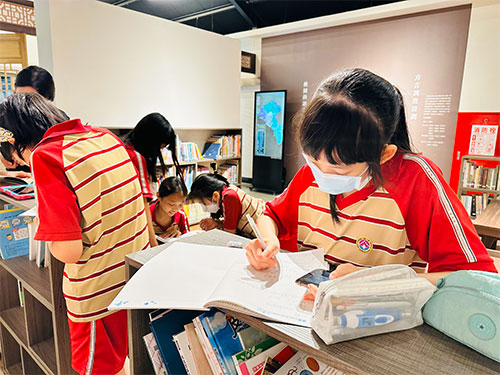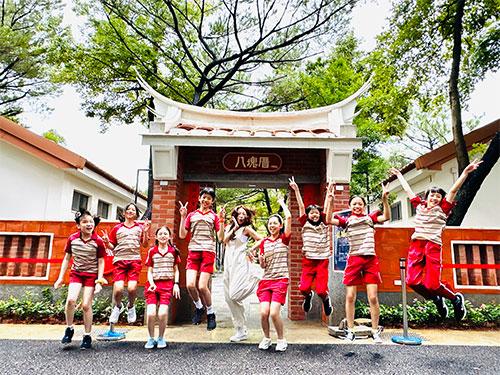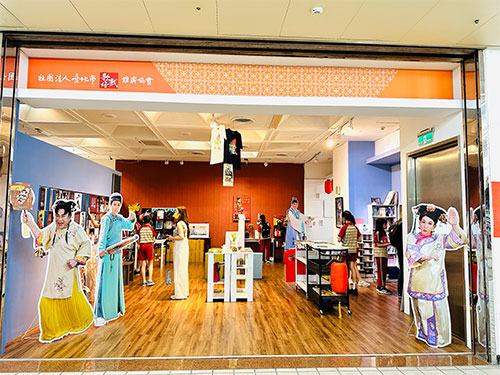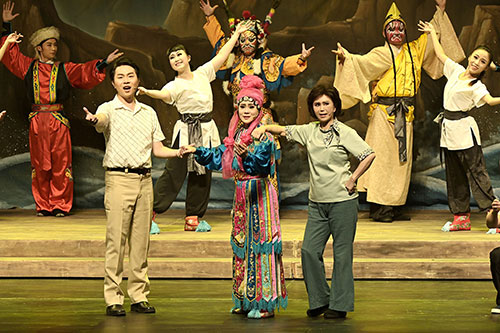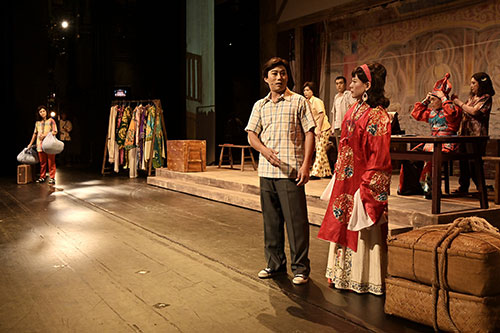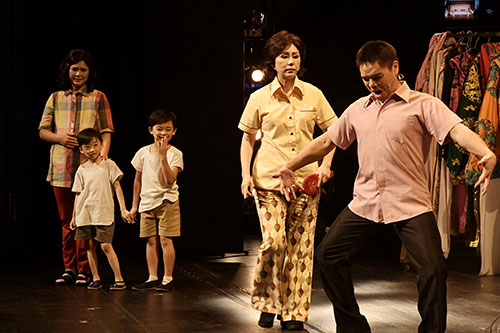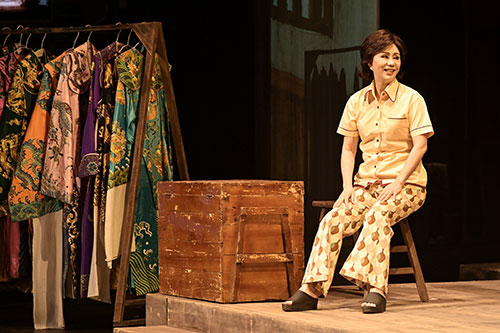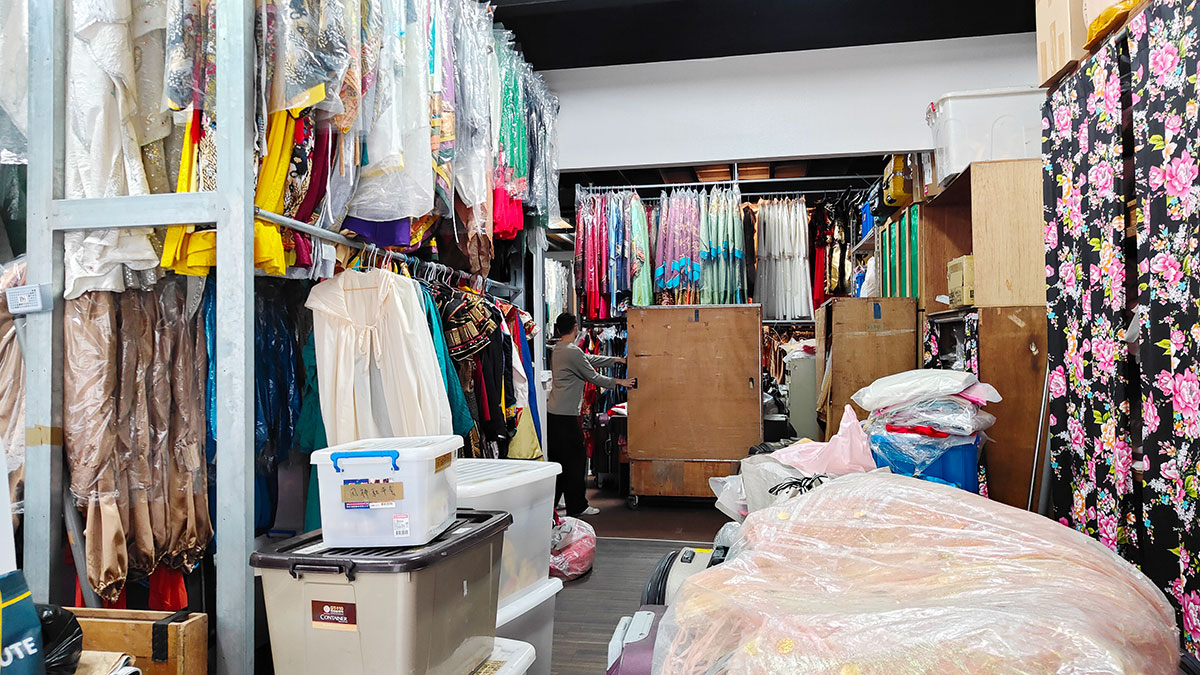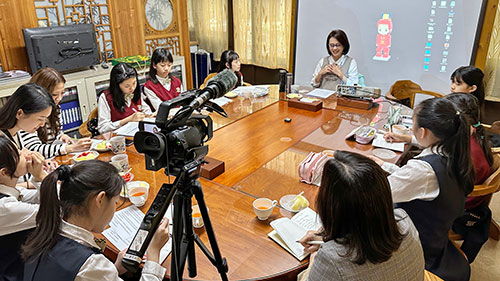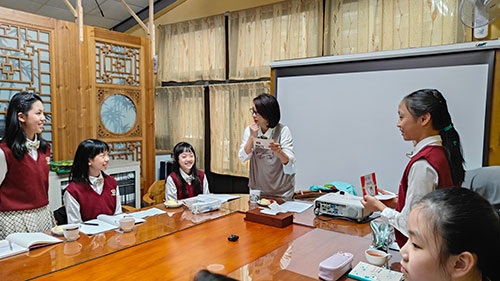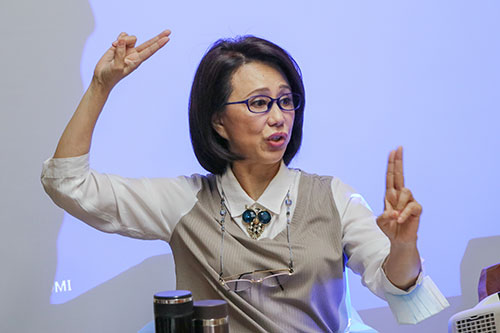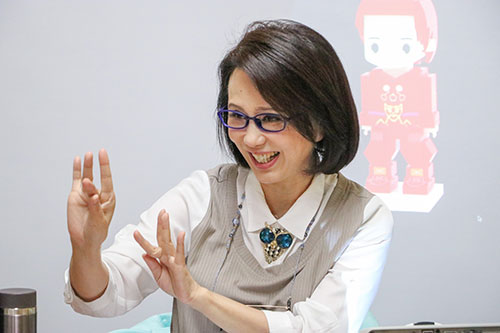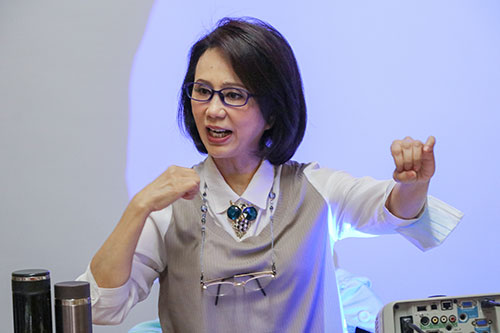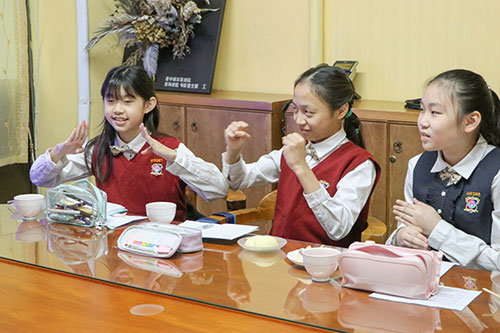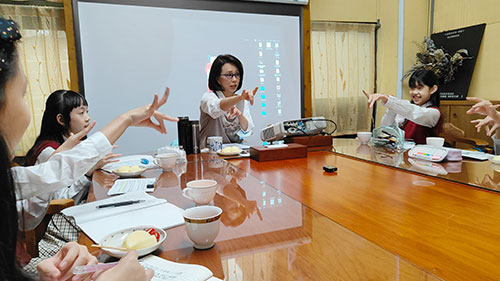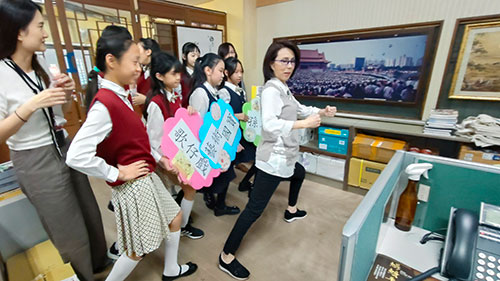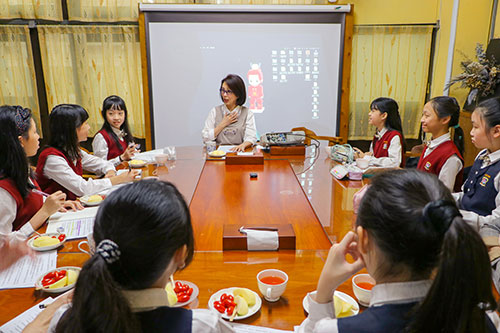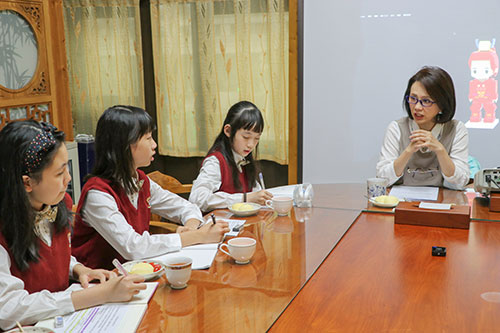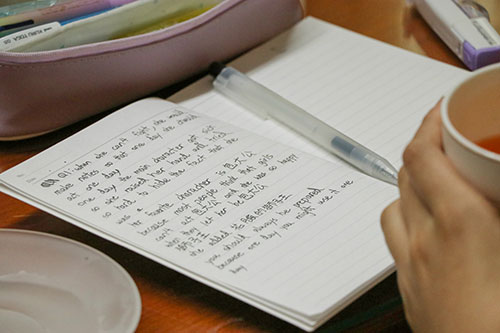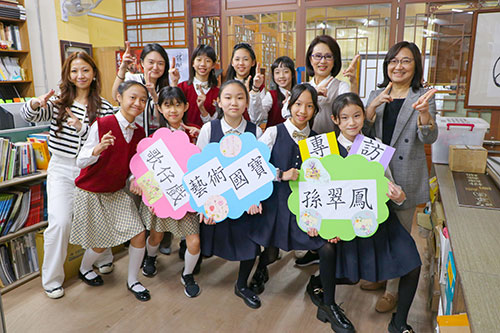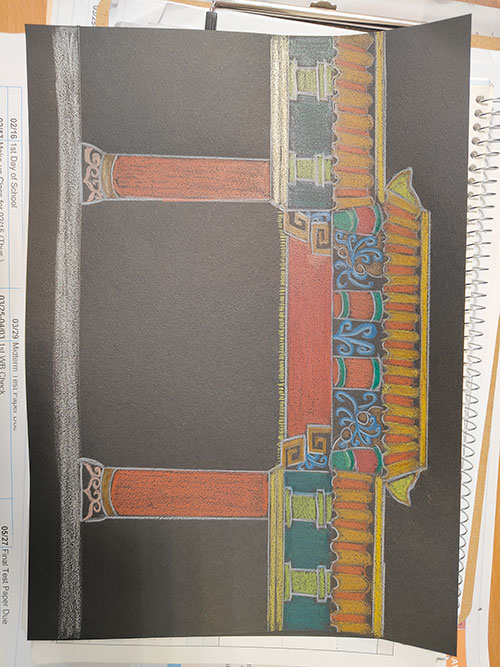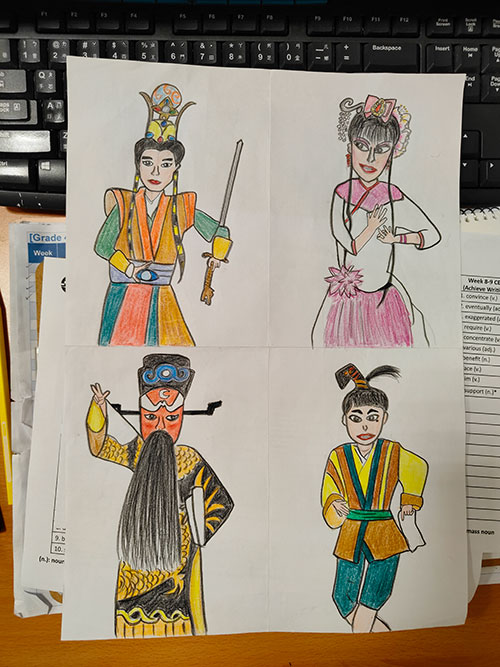“That’s it. It’s over” (Final Bow).
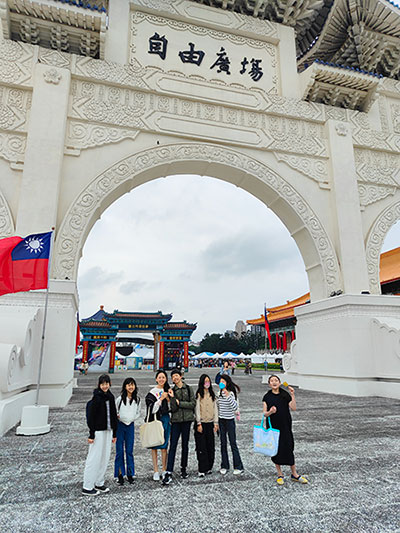
Before we enter National Theatre
Upon discovering that Sun Tsui Feng and Ming Hwa Yuan were restaging their crossover show "Final Bow" at the National Theatre last October, our curiosity was piqued. We wondered why a famous Taiwanese Opera troupe like Ming Hwa Yuan would opt to perform in this modern story again seven years after its premiere in 2016 and thus decided to attend the performance.
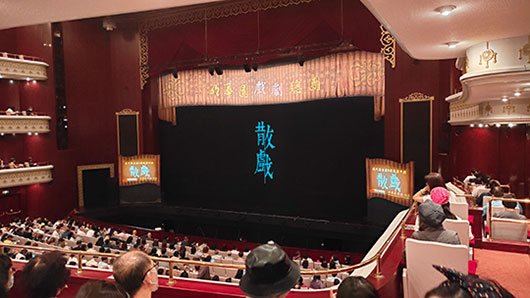
The show is about to start.
Before the show, we felt it would be beneficial to familiarize ourselves with the plot. We discovered that "Final Bow" originated as a short story written by the late nativist literature writer Hung Hsing-Fu. This story, along with the book "Black-Faced Qingzi" in which it was included, received the Daily News Novel Award in 1978. "Final Bow" portrays the decline of traditional culture amidst societal transformation through the lens of a Taiwanese Opera troupe. The story serves not only as a literary work but also as a poignant elegy for those devoted to Taiwanese Opera.
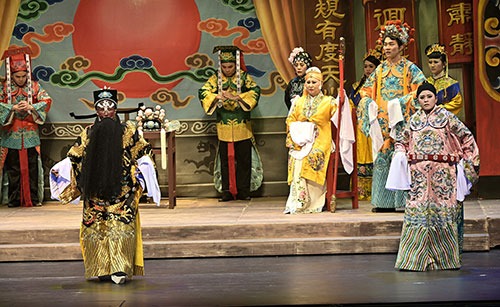
The Taiwanese Opera scene within the show.
Even though Taiwanese Opera seemed really traditional and old to young people nowadays, it was once a popular type of entertainment in its golden age. We couldn’t understand the glory and sorrow until we attended this show. In the show "Final Bow," we witnessed the challenges faced by the whole industry of Taiwanese Opera during its most tumultuous period, as depicted from the perspective of a Taiwanese Opera troupe. The narrative highlighted how modern forms of entertainment hastened the decline of this traditional art form. In one poignant scene, the troupe felt disheartened by the fact that there were more performers on stage than audience members under the stage. Even though the troupe eventually disbanded, they held onto the belief that this traditional art form would revive in the future. This was underscored by the character Sun Tsui Feng portrayed, A-chou-jay, who proclaimed, "Another golden age will come one day! When that day comes, we are going to perform in the best, grandest theater in the country!" True to their aspirations, as A-chou-jay, portrayed by Sun Tsui Feng, uttered these words, we sat in the audience seats of the National Theater, watching the show. Sun Tsui Feng and Ming Hwa Yuan had endured the deepest valleys and eventually graced the stage of the National Theater, Taiwan's grandest venue, not just once, but multiple times. This exemplified their dedication to promoting Taiwanese Opera and fulfilled the dreams of all Taiwanese Opera troupes.
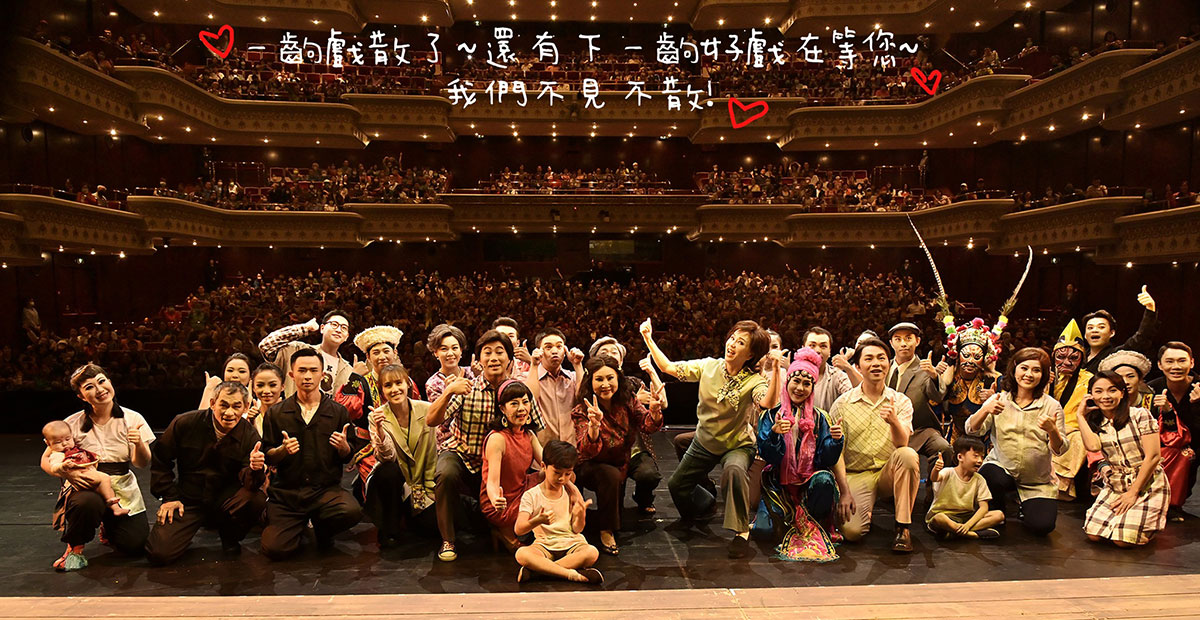
The group photo they took after the show and we were the audience!
Through this crossover performance, we developed a deep connection to Taiwanese Opera and a renewed commitment to contribute to the preservation of this cultural heritage. We explored and discussed several potential actions to contribute to this revival movement. We agreed that integrating modern elements with Taiwanese Opera, as Sun Tsui Feng and Ming Hwa Yuan are currently doing, would engage younger generations. Additionally, establishing Taiwanese clubs in schools to teach Taiwanese language and culture, including Taiwanese Opera, can help younger generations better understand and appreciate this art form. Furthermore, promoting Taiwanese Opera on platforms like YouTube can make it accessible to younger audiences. These initiatives all contribute to the collective goal of revitalizing Taiwanese Opera. The kind of action plans that we could take to take part in the revival movement of Taiwanese Opera became clearer after watching this show.
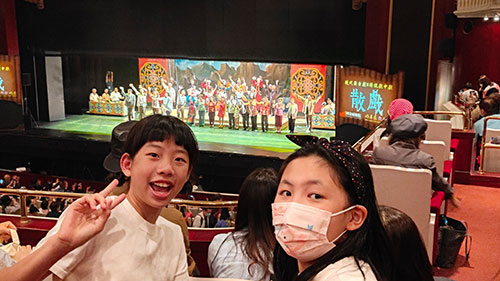
It was such a refreshing experience!
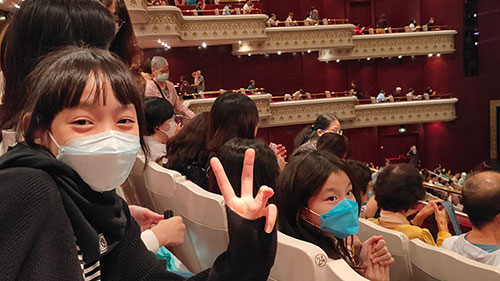
We really enjoyed the show.
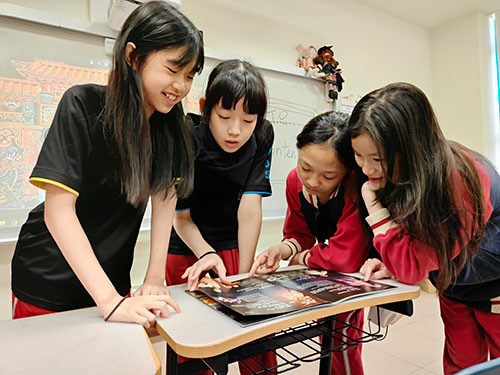
We share our thoughts about “Final Bow”.
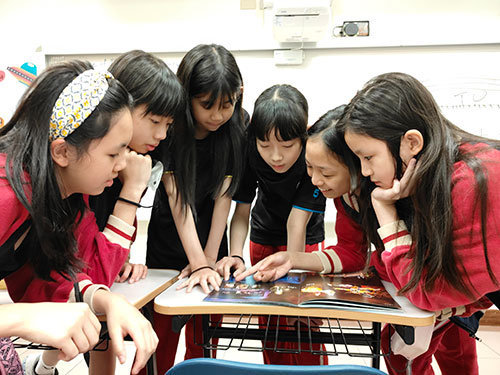
The brochure of “Final Bow” gives in-depth introductions about the show.
Photo Credit: https://www.facebook.com/mhyfans/photos?locale=zh_TW(The Ming Hua Yuan Facebook page was hacked on 3/24. Fortunately, we were able to download the images before this event occurred.)
